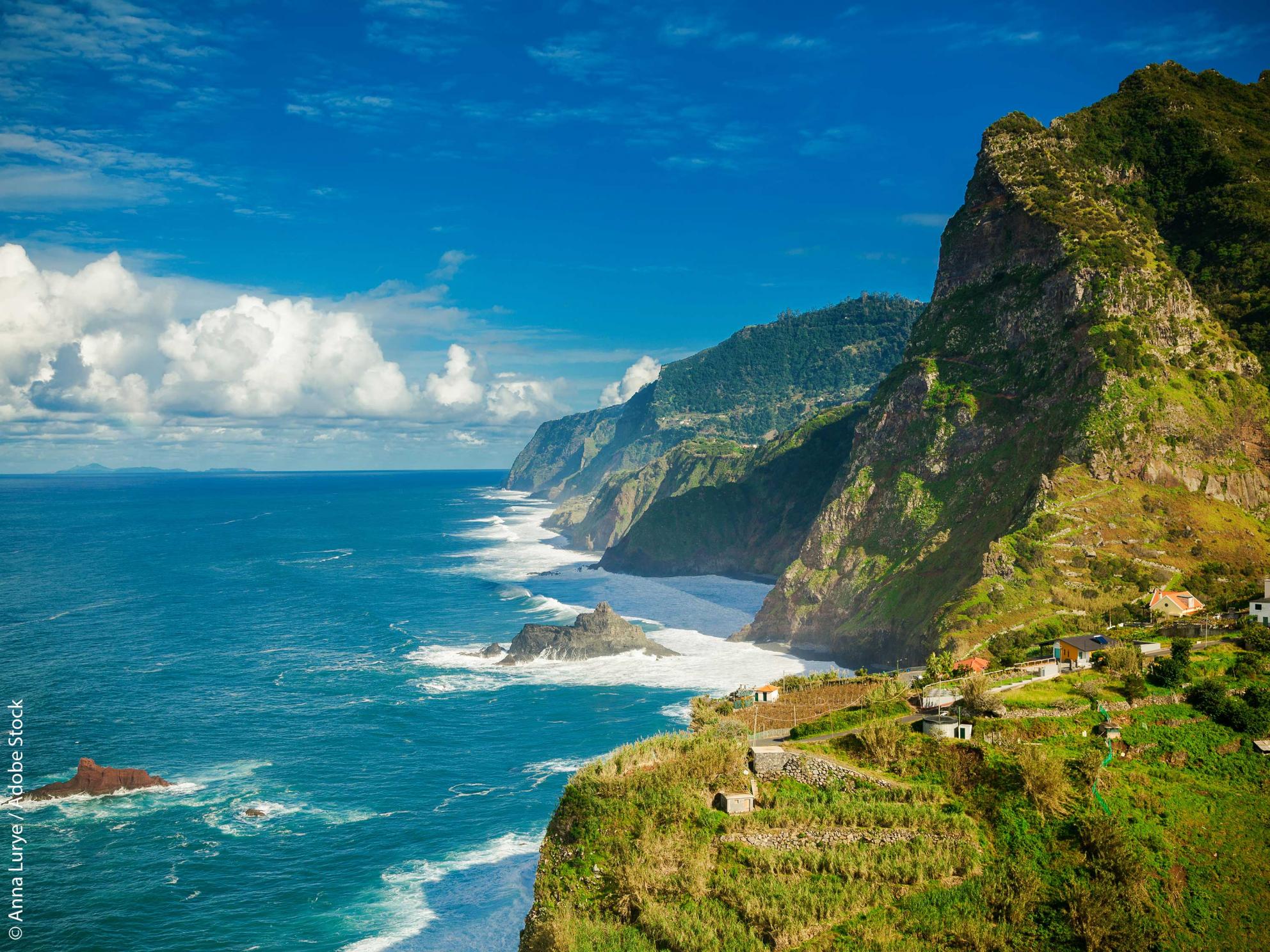The Commission has adopted a renewed strategy for the most remote parts of the EU, known as outermost regions, to unlock their potential through appropriate investment and reforms.
The EU outermost regions - Guadeloupe, French Guiana, Martinique, Mayotte, Réunion and Saint-Martin (France), the Azores and Madeira (Portugal) and the Canary Islands (Spain) - are nine EU regions located in the Atlantic and Indian Oceans, in the Caribbean basin and in South America.
The strategy proposes concrete measures, that put people at the centre, by improving the living conditions of their five million inhabitants. It supports the green and digital transitions and builds on the outermost regions’ unique assets, such as young population, extensive maritime zones, unique biodiversity and research potential. The Commission will also provide tailor-made support to strengthen the dialogue with the outermost regions.
The strategy provides for strong support to develop a sustainable blue economy in the outermost regions and commits to providing concrete tools, such as dedicated calls for proposals and EMFAF support, as well as knowledge exchange on maritime spatial planning and renewable energy.
In particular, the Commission encourages concerned Member States and outermost regions to
- implement blue economy strategies, seizing synergies in EU support
- participate in sustainable blue economy value chains
- conduct studies on data collection and fish stocks with EMFAF support, in line with the recommendations of the 2022 study on data collection and scientific advice in the EU outermost regions
- participate in the mission ‘Restore our Ocean and Waters by 2030’
The Commission will
- launch a call for proposals on blue economy strategies in the outermost regions in line with the EMFAF 2022-2023 work programme
- engage with the concerned Member States in order to address the issue of collection of fisheries related data in the outermost regions
- continue supporting sustainable fisheries partnership agreements beneficial for outermost regions’ economy, in particular with outermost regions’ neighbouring countries
- organise knowledge exchanges on maritime spatial planning and renewable energy notably via the 2021-2024 project ‘Advancing Maritime Spatial Planning in Outermost Regions’


